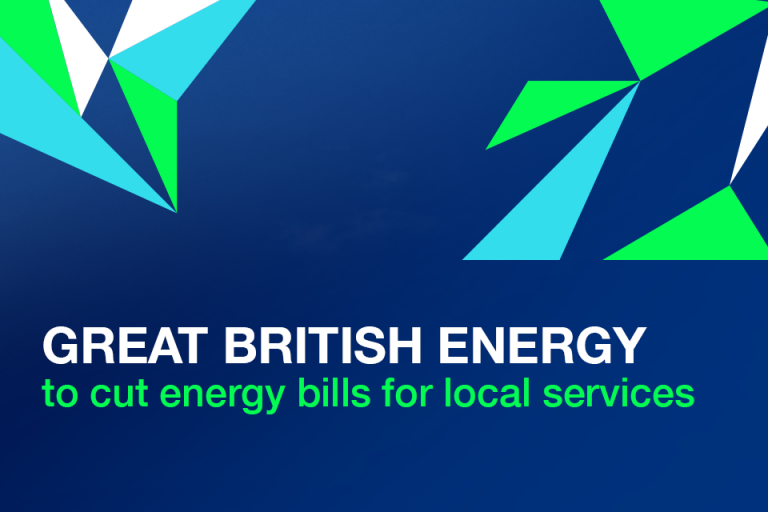ASK4 strengthens presence in Europe with acquisition of German internet services provider
Harmony Fire awarded £11.6m fire safety contract with Sheffield Council
Swedish company acquires North Yorkshire defence supplier
Main contractors back framework initiative to cut emissions and raise climate change awareness
| Willmott Dixon |
| Danaher and Walsh |
| BAM |
| Wates |
| Etec |
| Encon |
| Speller Metcalfe |
| Morris and Spottiswood |
| Carmelcrest |
| Seddon |
| Stepnell |
| Burmor Construction |
| Overbury |
| Tilbury Douglas |
| McLaren |
| Graham Construction |
| Bethell |
| Eric Wright |
| Vinci |
| Galliford Try |
| Borras |
| McLaughlin and Harvey |
| CR Reynolds |
| Thomas Sinden |
| Beard Construction |
| Quinn |
| Neilcott |
| Health Spaces |
| GF Tomlinson |
| Kier |
| Hutton |
| AR Demolition |
| Milestone Infrastructure |
UK government boosts tech cluster growth with £1m investment
The UK government has committed £1m to strengthen tech clusters outside London through its Regional Tech Booster programme. The initiative aims to foster growth in tech ecosystems across regions like Scotland and the North of England, addressing the innovation gap between London and other parts of the UK. This investment will provide access to mentoring, funding, and skills development for tech entrepreneurs.
The Department for Science, Innovation and Technology (DSIT) will oversee the programme. Specific application details are expected to be announced later this year. The scheme is part of a broader government effort to support early-stage digital startups and enhance regional tech hubs.
In addition to regional tech development, the programme aligns with the UK government’s broader Plan for Change, which focuses on economic growth through targeted initiatives like AI growth zones. These zones will establish high-performance compute facilities throughout the UK.
The UK Tech Cluster Group (UKTCG), a network of regional tech organisations, has been chosen to pilot the programme. The UKTCG will collaborate with industry leaders and academic institutions to ensure long-term benefits from this £1m funding, promoting sustainable growth and a stronger tech economy across the UK.
New food strategy aims to tackle health and sustainability challenges in the UK
A new national food strategy was launched at Bradford’s £31m Darley Street Market, focusing on improving public health, food security, and sustainability in the UK’s food sector. The ‘Good Food Cycle’ strategy aims to reduce obesity, promote healthier eating, and address the environmental impact of food production.
The strategy sets out key priorities for transforming the food industry, including enhancing the availability of healthier, sustainable food options, supporting innovation and productivity in the food sector, and creating more opportunities for people to access nutritious, affordable food.
Minister for Food Security, Daniel Zeichner, highlighted the importance of providing more diverse and healthier food choices. He pointed out that areas with limited access to healthy options often rely heavily on fast food, restricting residents’ ability to make healthier choices.
The strategy was developed following extensive consultations with stakeholders and aims to foster a food system that supports both public health and environmental goals. By focusing on sustainable food sales and better food choices, the strategy hopes to create long-term growth and resilience for the food sector.
Great British Energy launches £10m funding for community facilities
Great British Energy has unveiled a £10 million funding initiative aimed at reducing energy bills for community facilities across the UK. The funding, part of the government’s clean energy mission, will support a range of public buildings, including libraries, fire stations, care homes, and leisure centres, to cut energy costs and boost local economies.
The initiative will see mayoral authorities receive grants for clean energy projects, including rooftop solar installations on care homes in Merseyside, leisure centres in Yorkshire, and community buildings across Greater Manchester and West Yorkshire. The projects are expected to generate £35 million in lifetime savings, enhance energy security, and create local employment opportunities.
In addition to solar panels, the grants will fund energy storage batteries and electric vehicle (EV) chargers, with a focus on enabling communities to store renewable energy and utilize it efficiently. The funding builds on Great British Energy’s ongoing efforts to reduce energy costs for public services, with solar panels already installed on 11 schools and plans to expand to 200 schools and hospitals.
The initiative aligns with the government’s broader mission to deliver cleaner, more affordable energy by 2030, contributing to long-term energy security and creating lasting economic benefits for communities.
Drought conditions intensify across England, water firms urged to act
Drought conditions are worsening across England, with the National Drought Group (NDG) urging water companies to increase efforts to manage water supplies. Areas in the West and East Midlands, along with Lincolnshire, Northamptonshire, East Anglia, and Thames Valley, are now under drought status. With rainfall at just 80% of usual levels in June, reservoirs are at critical levels, with national storage at 75.6% and Yorkshire’s dropping to 53.8%. Multiple hosepipe bans are already in place, and further restrictions are expected if dry weather persists.
Water companies have been called to accelerate leak repairs and operational adjustments. The Environment Agency is closely monitoring water levels and collaborating with water providers to protect both communities and the environment. As wildfires, dry habitats, and threats to wildlife continue, authorities are preparing for an extended dry period, with the risk of more stringent water use measures ahead.












